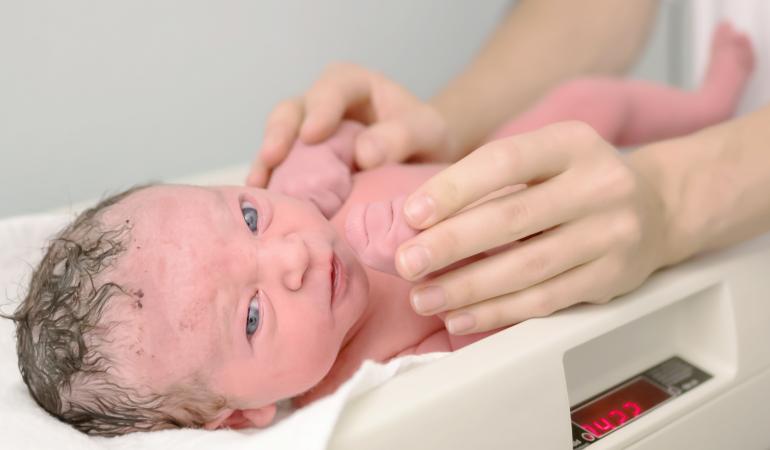
In 2021, municipalities offered a greater number of activities geared towards giving children a good start in life, such as Nu Niet Zwanger and VoorZorg. There is also an increasing level of collaboration between municipal authorities, obstetricians, maternity care, child and adolescent healthcare and district teams on these activities. This was clear from the 2021 Solid Start Monitor by RIVM.
In the monitor, RIVM follows up on the progress of the Solid Start action programme and interviews participants about their experiences. The programme was launched by the Ministry of Health, Welfare and Sport in 2018 to help parents and prospective parents prior to and during pregnancy and up to the child’s second birthday, as well as to give children a good start in life. Solid Start is primarily focused on parents and children in vulnerable situations, such as poverty.
More ‘local coalitions’ and improved relationships
Organisations are increasingly collaborating to ensure children are given a better start in life. In 2021, 51% of the nation’s 273 municipalities received funding to set up a ‘local coalition’, up from 21% in 2020. A local coalition will comprise municipal authorities and parties from the medical and social care spheres, which will come together and enter into agreements on improving healthcare and support during the first 1,000 days after a baby is born.
The interviews held with participants highlighted the fact that there has been an improvement in the relationships. Cooperation is happening between different spheres, organisations and individual care providers. The opportunity to learn from and with one another is a significant factor in that respect. It was also highlighted that these developments would not have occurred without the programme.
More activities offered
The survey furthermore revealed that more activities are being offered by each municipality than was the case in 2020. For instance, the Nu Niet Zwanger (Not Pregnant Now) programme, which helps people in vulnerable situations avoid getting pregnant, was active in half of the municipalities (compared to 1 in 3 in 2020). VoorZorg (Care in Advance) is currently offered in 43% of municipalities, compared to 37% in 2020. This programme offers various forms of support to pregnant woman who are also dealing with a build-up of other problems.
Sticking points for the future
However, the parties involved, such as municipal authorities and healthcare organisations, have identified a number of sticking points. For example, there is a lack of clarity on how local partnerships and activities are to be funded in future and whether or not consideration should be given to the way in which partnerships will be maintained in future. There is still too little involvement of parents in the activities. Moreover, it is important to the parties involved to continue to measure the effects on healthcare over the long term. After all, the results of the campaigns will take time to become clear.
Set of indicators Local Solid Start Monitor
At the end of last year, RIVM also issued a ‘local set of indicators’ of 19 indicators (yardsticks) for use in municipalities. RIVM will be supplying municipalities with figures for these indicators this spring. All the data can be used for the purposes of dialogue between policymakers, administrators and healthcare providers on how to proceed with the local coalition.